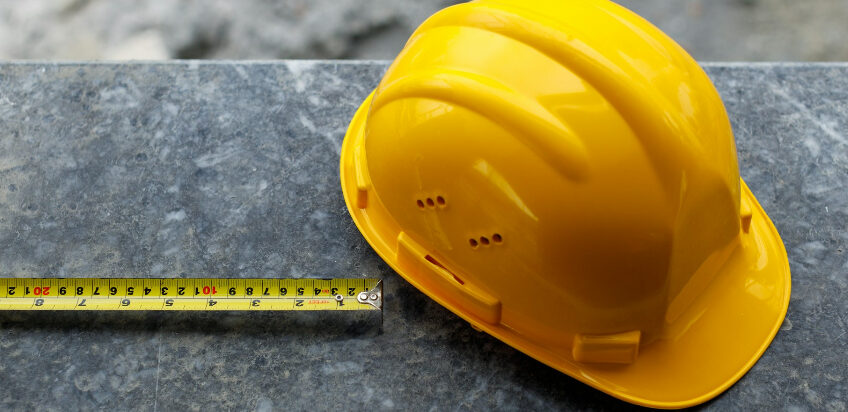Construction sites are inherently dangerous places, and when accidents occur, the injuries can be catastrophic. In New Jersey, most construction workers rely on insurance coverage—either through workers’ compensation or liability insurance—to recover financial support after an accident. However, while insurance is meant to protect injured workers, the claims process is often far more complicated than it appears. Understanding how insurance companies handle construction accident claims can help workers and their families protect their rights and avoid costly mistakes.
The Role of Workers’ Compensation Insurance
New Jersey law requires most employers, including construction companies, to carry workers’ compensation insurance. This no-fault system ensures that employees injured on the job can receive benefits without having to prove their employer was negligent. In theory, this process should be simple—file a claim, receive medical care, and collect wage benefits while recovering.
In practice, however, insurers often scrutinize every claim to minimize payouts. Adjusters may question the severity of the injury, delay medical approvals, or claim that the injury occurred outside the scope of employment. Common tactics include:
- Requesting excessive documentation or repeated medical evaluations.
- Disputing whether the injury was truly work-related.
- Offering quick settlements that do not cover the full extent of damages.
It is crucial for injured workers to report their injuries immediately, follow all medical recommendations, and consult an attorney if the insurer seems to be delaying or denying valid claims.
Third-Party Liability Insurance
Not all construction accidents are limited to workers’ compensation. When a third party—such as a subcontractor, equipment manufacturer, or property owner—is responsible for unsafe conditions, the injured worker may file a personal injury claim against that party. In these cases, liability insurance plays a major role.
For example, if a defective crane collapses due to a manufacturer’s fault, the manufacturer’s liability insurer may be required to compensate victims. Similarly, if a general contractor fails to enforce safety standards and a subcontractor’s employee is injured, the general contractor’s insurance may be responsible for damages.
Liability insurers in these cases typically conduct extensive investigations to limit exposure. They may send adjusters to the accident scene, interview witnesses, and hire their own experts to challenge the worker’s version of events. This is why having legal representation from the beginning is vital—attorneys can gather independent evidence, preserve accident reports, and prevent insurance companies from twisting facts to their advantage.
How Insurers Evaluate Construction Accident Claims
Insurance companies use a combination of evidence, medical records, and financial data to determine claim value. Key factors include:
- The extent and permanence of the injury.
- The worker’s ability to return to employment.
- The presence of safety violations or negligence.
- The credibility of witnesses and expert testimony.
Even in clear-cut cases, insurers often try to settle for the lowest possible amount. They may downplay long-term disabilities, argue that pre-existing conditions contributed to the injury, or pressure victims into early settlements before full medical recovery.
The Importance of Legal Advocacy
An experienced construction accident attorney can make a significant difference in how an insurance claim is resolved. Lawyers know how to interpret policy language, counter insurance company tactics, and accurately assess the true value of a claim. They can also identify when multiple insurance policies may apply—for example, combining a workers’ compensation claim with a third-party liability lawsuit for maximum recovery.
Conclusion
Insurance companies play a central role in construction accident claims, but their primary goal is to protect their own financial interests—not necessarily to ensure fair compensation for injured workers. In New Jersey, understanding the difference between workers’ compensation and third-party claims, as well as knowing how insurers evaluate and defend against them, is essential for protecting your rights. With the help of skilled legal representation, injured workers can level the playing field, secure the benefits they are entitled to, and focus on what truly matters—their recovery and future well-being.
